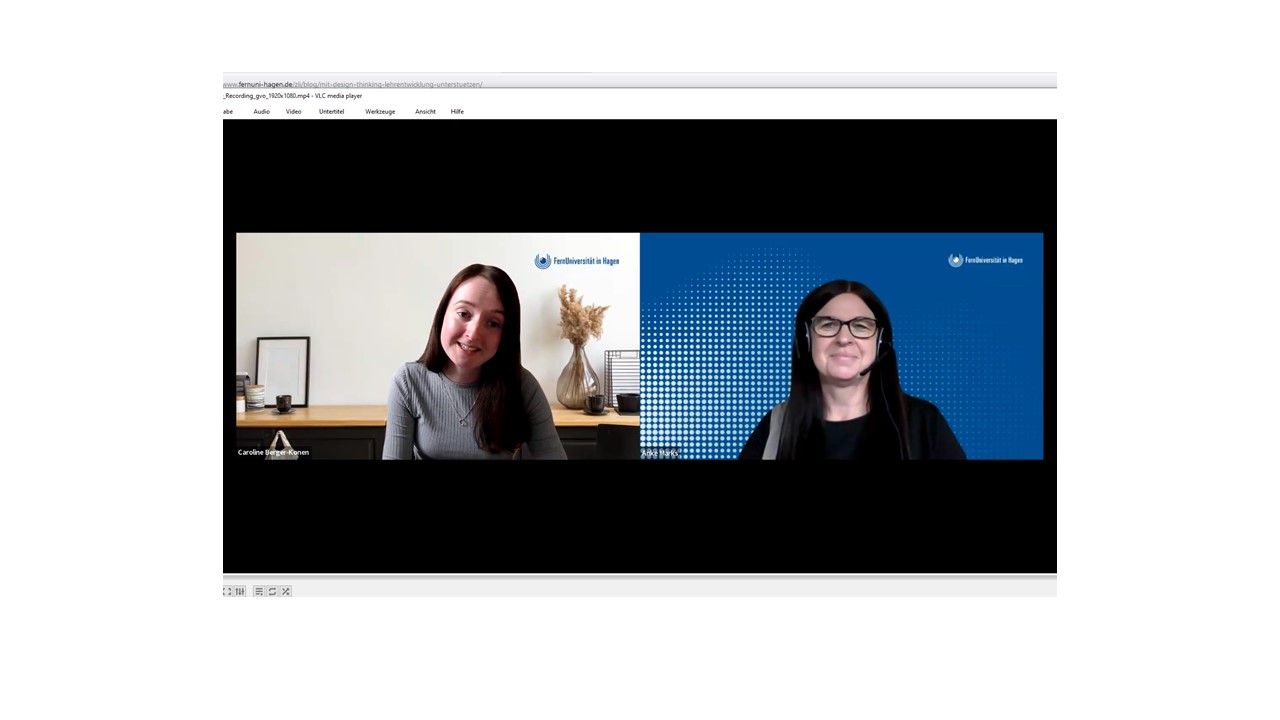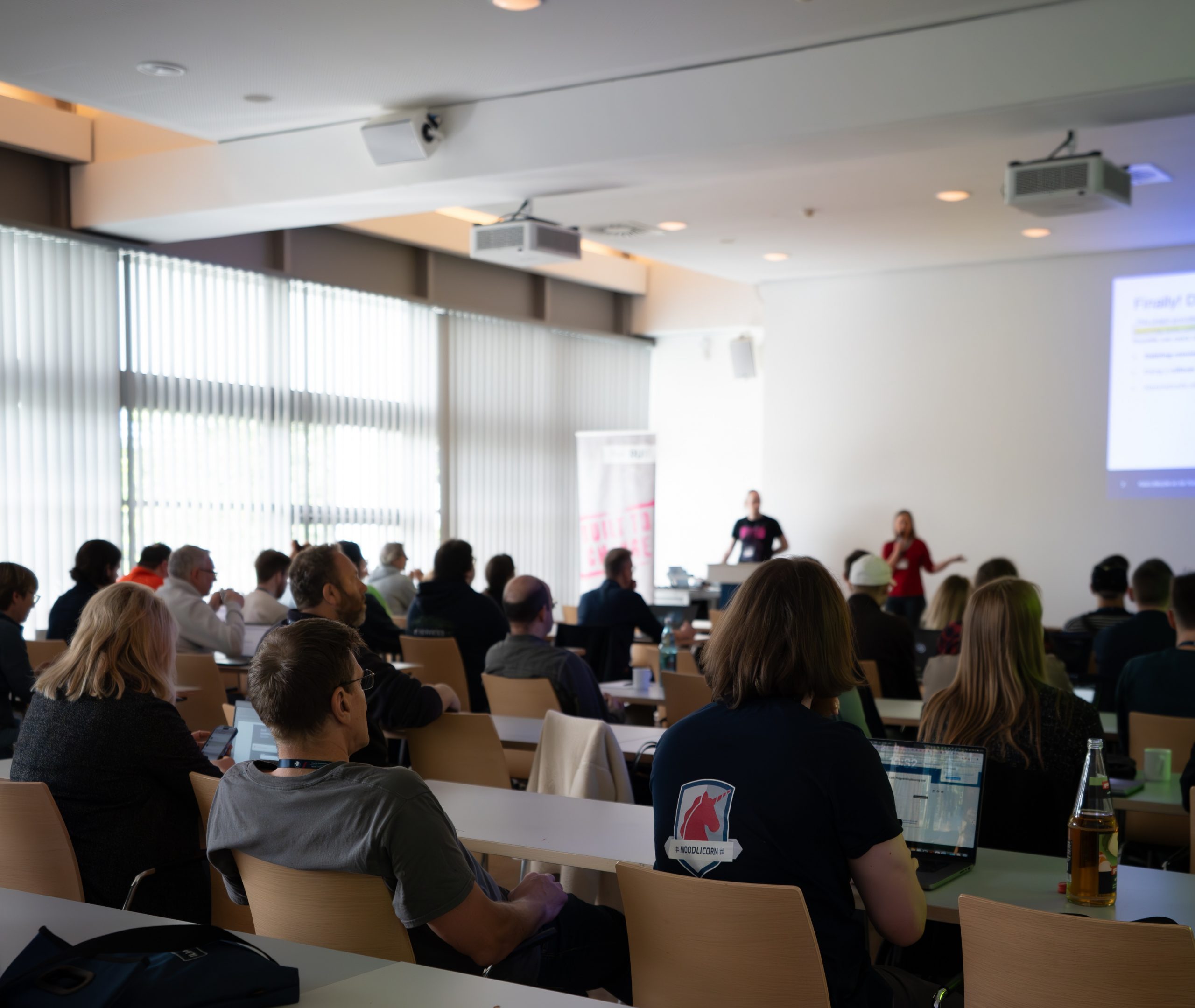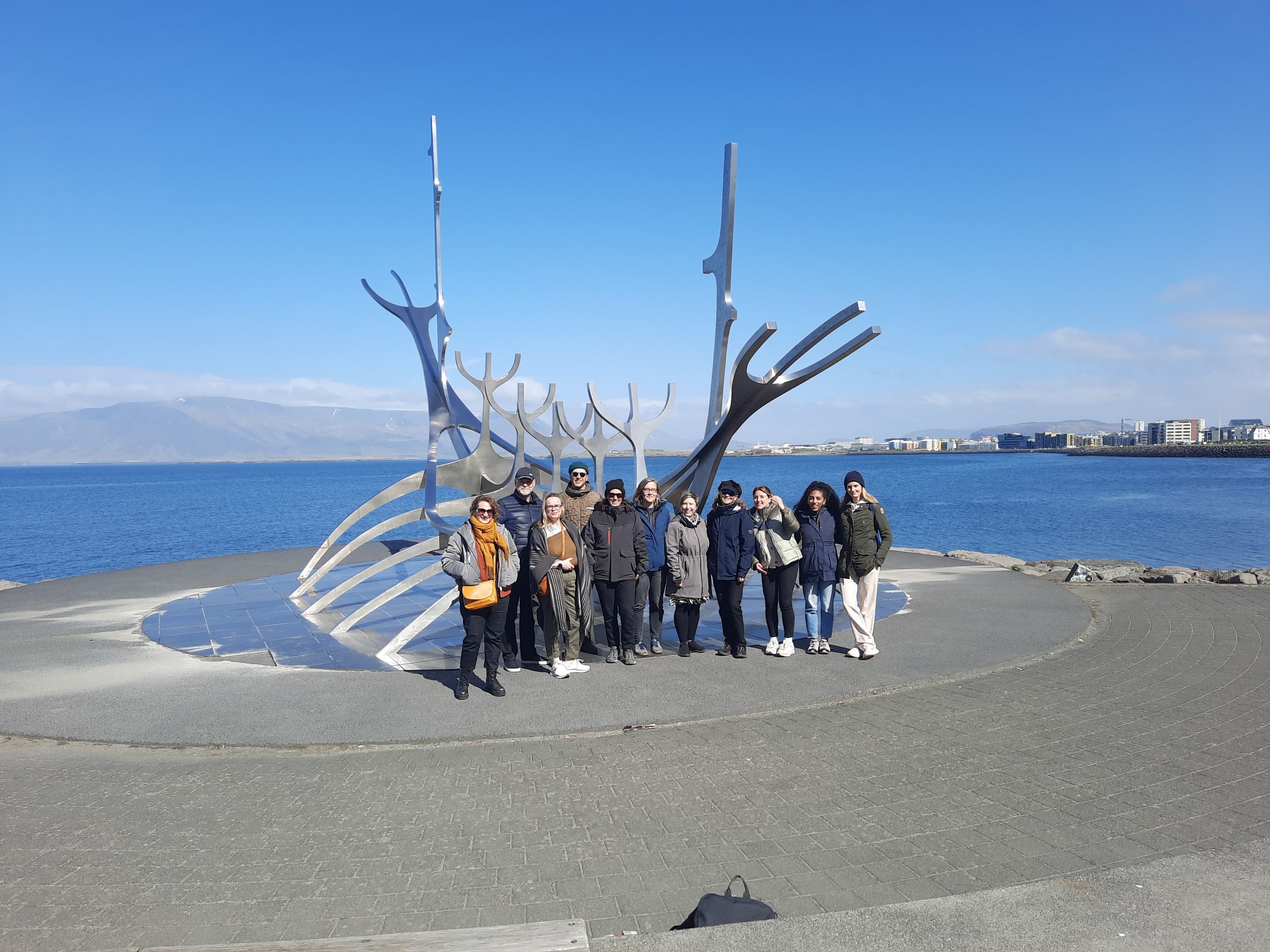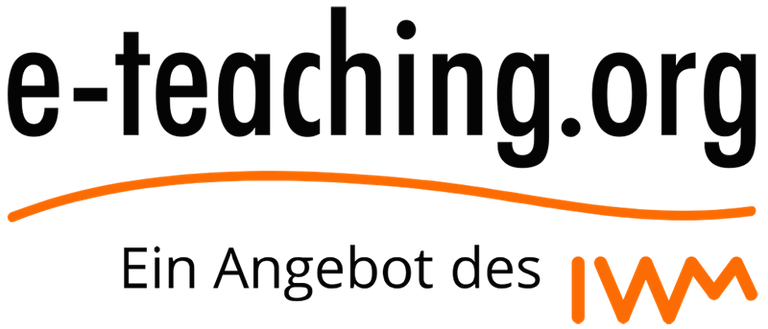By Dr Prue Goredema
The studyFIT canon has a new service: English Language Learning Support. The long-term goal is to establish a virtual language centre where students can improve their general English language skills or take a tailor-made English for Specific Purposes course based on their individual disciplinary specialisation.
I assumed the post of Project Manager in November 2021 and couldn’t be happier, for every aspect of the role dovetails neatly with my academic interests and expertise. I hold a doctorate in English Didactics from Humboldt-Universität zu Berlin, the thesis of which focuses on Content and Language Integrated Learning (CLIL) in the Biology classroom. Devising dynamic and effective learner-centred strategies to implement English medium instruction is my mainstay, for it entails curriculum planning, syllabus design and materials development whilst being couched in the practical aspects of second language acquisition theory.

These were my focus areas in my position as the Coordinator of the TESOL Section in the Department of English & American Studies at Technische Universität Chemnitz from 2014 to 2020. Tackling TESOL (Teaching English to Speakers of Other Languages) is best done with a sound understanding of the psychology of learning, so the Master’s programme I designed and taught to pre-service teachers began with a semester-long exploration of the various complementary and competing theories of second language acquisition. I also taught courses on the Methodology of Adult Education, eLearning, Curriculum Planning & Materials Development as well as Classroom Observation & Practical Language Teaching. This latter course was especially exciting because I placed my students in a variety of state schools and private educational institutions where they showed their mettle by putting into practice the wonderful cornucopia of knowledge and skills they had acquired in our on-campus classes.
Giving my students tangible benefits for both academic development and personal growth is important to me, and thus in collaboration with the Chemnitz Volkshochschule, I secured Erasmus mobility grants for nine students which facilitated study visits for them to Malta, Italy, Spain and the United Kingdom. Another off-the-beaten track project was a joint teaching and research collaboration in 2018 with a colleague at Herzen State Pedagogical University of Saint Petersburg, Russia whereby we taught a module on eLearning via live video conferencing, thus affording our students the opportunity to hone their intercultural competence without leaving terra firma.
An aspect of my new role that I am particularly excited about is developing Moodle-based English for Specific Purposes courses for the five faculties. With input from the respective disciplinary experts, I will steer the design and implementation of content-based language courses so that students need not feel intimidated when faced with the prospect of taking a module in which English textbooks or literature are an integral part of instruction. The courses will be self-paced and dynamic, with a variety of input and assessment formats.
Regardless of one’s specialisation, it will be possible to improve one’s language skills through Altissia, a learning application that offers language learning support to universities across Europe. I am looking forward to the concomitant study because I have previously conducted action research into the use of learning analytics to monitor students’ progress and engagement. I am passionate about making English language learning streamlined and efficacious. Whether I am giving workshops for instructors such as I did at the Hochschuldidaktisches Zentrum Sachsen or working in an honorary capacity with the Saxony Ministry of Education, I am careful to ensure that instructional materials are constructively aligned to the intended learning outcomes. This was particularly important when I worked on a multi-country, Erasmus+ funded project – TEFL-ePAL – to create a language learning scheme for four Palestinian universities. Devising curricula and developing materials for a distance learning setting inadvertently prepared me for this new role, and I look forward to bringing all that expertise to the FernUniversität in Hagen and to seeing how the same principles play out for a target group in a different social, economic and political setting. I have long had an open-door policy, so whether you are a student or staff member and have any queries or suggestions, do drop me a line.





How can apply for this program ( master in TESOl) I am very interested.